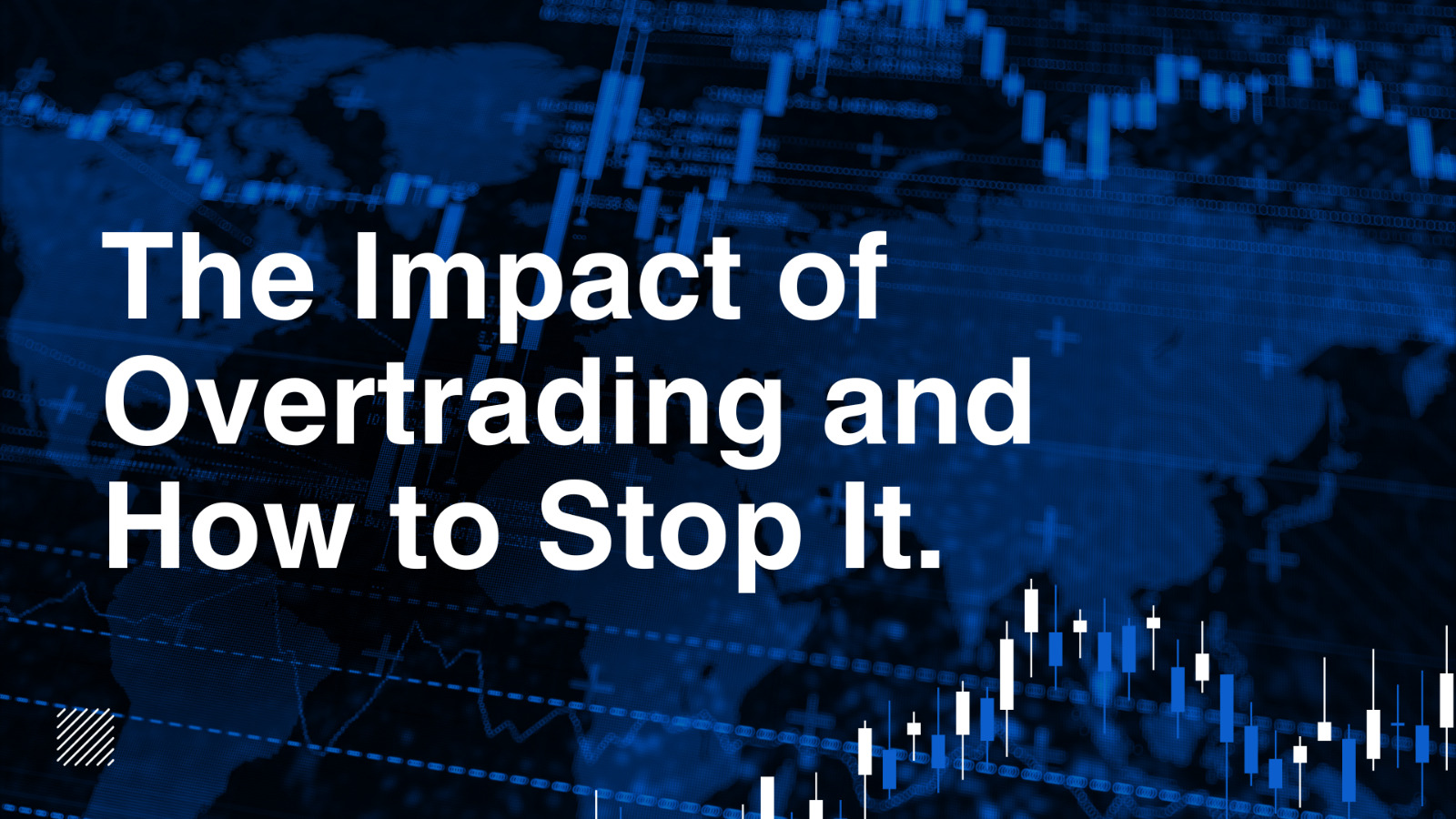The Impact of Overtrading How To Stop It .
In the fast-paced world of stock market trading, many traders fall into a dangerous habit — overtrading. It often starts with excitement or ambition but quickly turns into a destructive cycle of losses, emotional exhaustion, and poor decision-making. In this blog, let’s break down what overtrading is, how it affects your trading journey, and actionable steps you can take to stop it — and start trading with discipline.
What is Overtrading?
Overtrading is the act of placing too many trades — either in frequency or volume — without a clear strategy. It usually stems from emotion-driven behaviour like greed, fear, or the need to constantly "do something" in the market.
Common Causes of Overtrading:
- Impatience or boredom
- Chasing losses
- Trying to time every market move
- FOMO (Fear of Missing Out)
- False belief that "more trades = more profit"
Negative Effects of Overtrading
Increased Losses
Overtrading often leads to poor-quality trades. These trades are rushed, emotionally charged, and usually outside your edge — resulting in frequent losses.
Higher Transaction Costs
More trades = more brokerage, taxes, and slippage. These fees may seem small, but they add up and cut deep into your profits over time.
Mental & Emotional Fatigue
Watching the screen all day, entering trades non-stop, and dealing with back-to-back losses can cause burnout — affecting your performance long term.
Strategy Breakdown
Overtraders abandon their trading plan and become reactive. This leads to inconsistent results and destroys confidence in the process.
How to Stop Overtrading — 6 Proven Tips
Create and Stick to a Trading Plan
Only take trades that align with your setup, risk, and strategy. If there's no valid reason to trade — don't.
Set Daily or Weekly Trade Limits
Decide how many trades you'll take per day or week — and stick to it. Quality setups are better than quantity.
Master Your Emotions
Develop emotional control. Don't let excitement, boredom, or revenge drive your trades. Meditation, journaling, and breaks can help.
Track Your Trades
Maintain a trading journal to review what went right, what went wrong, and if your trades were logical — or just impulsive.
Be Patient
The best setups don't appear every hour. Learn to wait. Missing one opportunity is better than entering a bad one.
Focus on Risk Over Reward
Shift your mindset from "how much can I make?" to "how much can I lose if I'm wrong?" This helps filter bad trades.
Final Thoughts
Overtrading might feel productive — but in reality, it’s draining your capital, confidence, and clarity. The key to consistent profitability isn’t in trading more — it’s in trading smart. With the right mindset, structure, and risk control, you can break the cycle of overtrading and become a focused, disciplined trader.
At Traders Training Academy, we specialize in helping traders build a winning mindset and master disciplined trading habits that lead to long-term success.
Ready to regain control of your trading? Join us today and transform the way you trade — forever.
